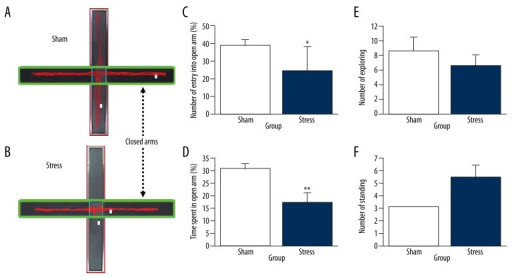

Though organizational clinical data are abundant, these are largely inaccessible to outside researchers. Objective: Coronavirus disease 2019 (COVID-19) poses societal challenges that require expeditious data and knowledge sharing. Hospital management should provide psychological support and training for nurses in coping strategies. Resilience reduces the impact of these psychological variables. Nurses tend to develop fear, stress, and depression. In addition, a confirmatory analysis of the hypothesized model using structural equation modeling shows that fear and stress are predictors of depression, and that resilience plays a role in mediating the effect of fear on stress (X2 = 534.69, gl = 372, P =. Data analyses were performed using structural equation modeling (SEM).Īnalyses showed that the variables were significantly related (P <. A total of 286 nurses from 2 hospitals in the cities of Juliaca and Puno, Peru. The variables analyzed were fear, resilience, stress, and depression. This study was to examine the mediating role of resilience in the relation between fear, stress, and depression of nurses during COVID-19 health emergencies.Ī cross-sectional-predictive study was carried out. However, resilience plays an important role in mitigating the effects of COVID-19. Nurses are susceptible to several mental problems, such as fear, stress, and depression due to the COVID-19 pandemic, which affects their emotional well-being.

This Editorial aims to present the rationale and findings of the largest population cohort of adult patients with COVID-19 to date and highlights the importance of using large population studies with sophisticated analytical methods, including machine learning. A separate multivariable logistic regression model showed that independent factors associated with more severe clinical outcomes included age, dementia, male gender, liver disease, and obesity. Machine learning analysis showed that the factor most strongly associated with severity of clinical course in patients with COVID-19 was pH. Severe clinical outcomes were identified as the requirement for invasive ventilatory support, or extracorporeal membrane oxygenation (ECMO), and patient mortality. The study stratified patients for COVID-19 according to the World Health Organization (WHO) Clinical Progression Scale (CPS). In July 2021, the findings from a retrospective population study from the National COVID Cohort Collaborative (N3C) Consortium were published that included analysis by machine learning methods of 174,568 adults with SARS-CoV-2 infection from 34 medical centers in the US. However, COVID-19 is now recognized to involve multiple organ systems with varying severity and duration. Infection with severe acute respiratory syndrome coronavirus 2 (SARS-CoV-2) that causes coronavirus disease 2019 (COVID-19) commonly presents with pneumonia.


 0 kommentar(er)
0 kommentar(er)
